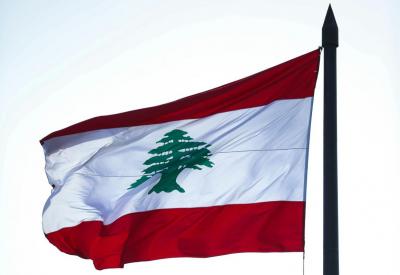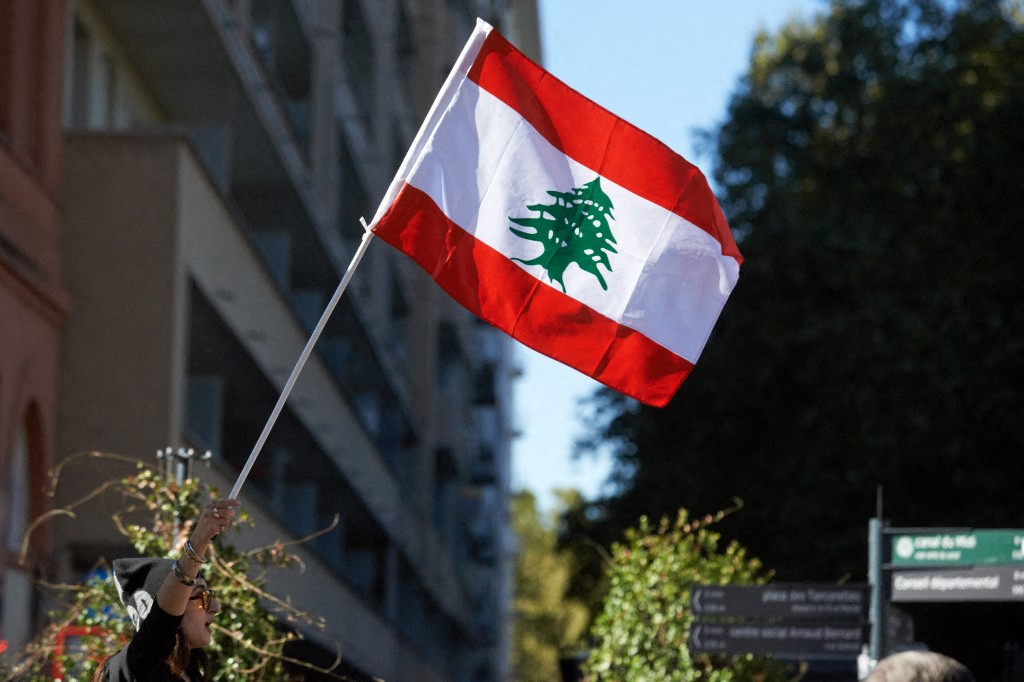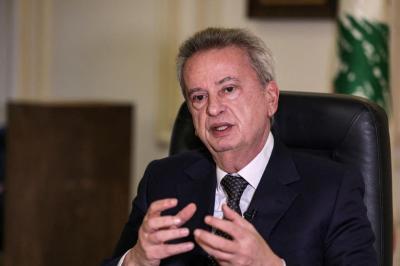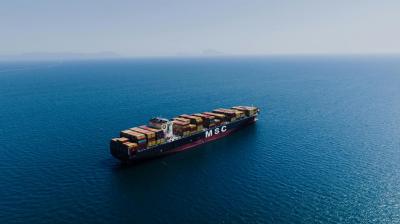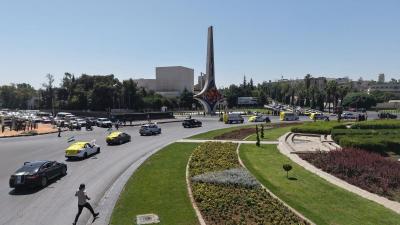In recent months, Lebanon’s public debt has once again dominated the public debate. The controversy stems from debt figures added to the state’s balance sheet in early 2023 by then–Central Bank Governor Riad Salameh. Ever since, questions have multiplied: Will the state recognize and repay this debt? What is the International Monetary Fund’s (IMF) position? And how might this affect Lebanon’s already fraught relationship with Eurobond holders—many of whom lent money to the state without knowing about a massive hidden liability buried beneath layers of financial trickery?
The Phantom Billions
The Central Bank’s claim on the state is not limited to the $16.5 billion added suddenly in mid-February 2023. Another $34.8 billion was quietly inserted into the accounts in May of the same year under the line item “revaluation adjustment.” When Salameh’s term ended in August 2023, his four deputies—Wassim Mansouri, Bashir Yakzan, Salim Chahine, and Alexandre Mouradian—removed both entries from the bi-monthly balance sheet, describing the move as a “balance sheet clean-up.”
But the controversy resurfaced when Karim Souaid was appointed governor. The $16.5 billion figure reappeared, while the fate of the $34.8 billion remains unclear—looming as a potential financial time bomb for both the state and depositors.
Why Insist on the $16.5 Billion?
The Central Bank has reintroduced the $16.5 billion debt into its ongoing loss-distribution plan. It was placed under “assets,” alongside $3 billion in Eurobond holdings (marked down by 65%), and $2 billion in “deferred operations.” It is also expected that “exchange rate revaluation losses,” previously logged by Salameh in May 2023, will eventually return to the books.
All told, these “assets” could total $49 billion. On the other side of the balance sheet, however, lie the banks’ deposits—money that ultimately belongs to depositors. If these entries are written off, depositors and banks alike face direct losses. If they are kept, they effectively constitute a bailout of the banking sector—an approach the IMF has categorically rejected. This deadlock remains unresolved.
A Clash of Positions
The $16.5 billion figure is at the heart of a rift between, on one side, the Ministry of Finance and the IMF, and on the other, the Central Bank and commercial banks.
Finance Minister Yassine Jaber has argued that “the state cannot borrow without a law passed by the Parliament” and dismissed the number as an invention by Riad Salameh to improve his ledgers. Recognizing the debt, he warned, could open Lebanon to legal challenges from Eurobond holders in New York courts, who could claim they were defrauded by the concealment of such a massive obligation.
The IMF has gone further, saying the addition worsens Lebanon’s debt-to-GDP ratio, which must be reduced to at least 60% to ensure “debt sustainability.” Acknowledging and repaying the debt, the Fund argues, would also compromise Lebanon’s ability to honor an eventual IMF loan and other development financing the state hopes to secure.
Commercial banks consider that this debt, held domestically, should not be treated as “external” debt—even if denominated in dollars. They argue that true external debt (Eurobonds plus interest) amounts to just $25 billion, not $45 billion, once banks and the Central Bank absorb their respective shares. From their perspective, recognizing all or part of the $16.5 billion does not put under threat the debt sustainability. Moreover, they stress that the money lent by the Central Bank to the government was never a state property—it originated from depositors via the banks.
The Half-Repayment Solution
Technically, the government still holds about $8 billion in its Central Bank accounts. Advocates of recognition argue this could be used to repay part of the debt, sparing citizens from new taxes and levies.
The compromise now being floated: repay at least half of the $16.5 billion—around $8.7 billion. Proponents say this would allow the state to demonstrate responsibility, avoid passing the bulk of the losses onto depositors, and reassure potential lenders of Lebanon’s future credibility.
Deadlock Until 2026?
Yet few believe a solution will be reached anytime soon. Like many other reform files, this one risks being postponed until after the 2026 parliamentary elections—if they are held at all. Should elections be delayed once again, Lebanon may lose not just months but years more to political deadlock, repeating the cycle of paralysis that has already consumed the past six.
Please post your comments on:
comment@alsafanews.com
 Politics
Politics
